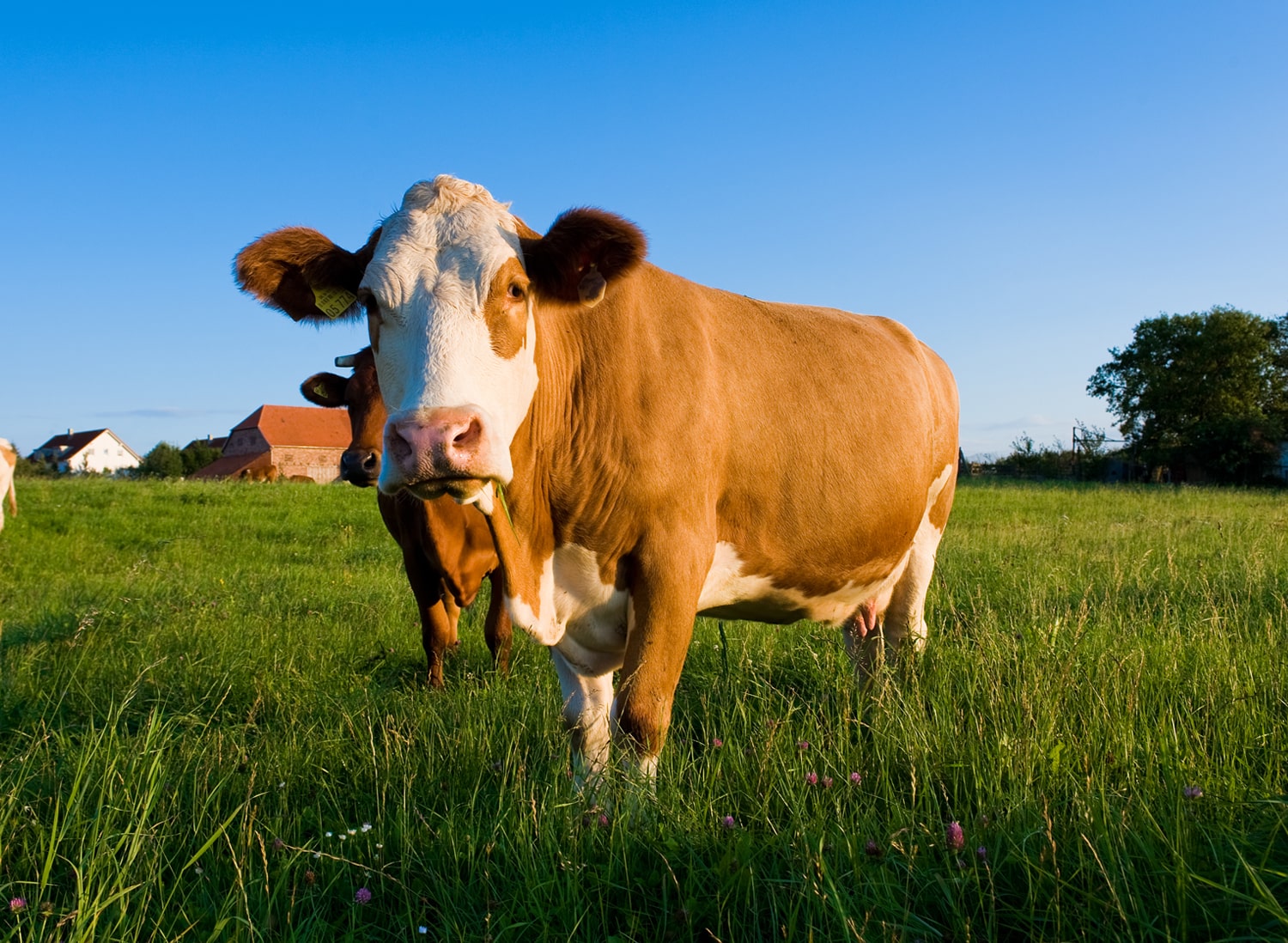Mental Health Awareness Week 2022: Helping Children Manage Anxiety
Between 9th and 15th May, the UK will be observing Mental Health Awareness week: an annual event with a focus on achieving good mental health. First observed 21 years ago, the event has grown to become one of the biggest awareness weeks in the world.
Each year has a different theme, and in 2022 the broader focus is loneliness: an emotional state that has been exacerbated by the pandemic, and which can lead to depression, stress and anxiety. It’s anxiety that we’d like to focus on today, as – regardless of the trigger, be it loneliness or something else - coping with anxiety is a hugely important facet of mental health.
Here at Cherry Godfrey, we’re passionate about the local community, and feel strongly that we should all be working together to promote mental health awareness – particularly in young people. As such, we’ve partnered with the Isle of Wight Youth Trust, who have kindly provided us with some valuable insights on anxiety in young people: what parents may observe if children are experiencing anxiety; where it comes from; and how to best support your child.
What is anxiety?
Anxiety is a part of life, and certainly normal when experienced for a short period of time. We [the Isle of Wight Youth Trust] talk a lot in our work about ‘problematic anxiety’, which is when anxiety becomes hard to control and appears in parts of life that it didn’t before.
Imagine anxiety as as being like a smoke alarm; it is easy to understand why it is triggered when something stressful or overwhelming happens. Sometimes smoke alarms go off when you burn the toast, but that is also reasonable, since it was triggered by what it perceived to be a dangerous situation. However, sometimes smoke alarms become faulty – they ring for no reason, it’s frustrating, it’s all you can hear, it wakes you up, makes you panic… just like when anxiety becomes problematic.
What might you notice your child experiencing?
It can be hard for people to explain anxiety and it is often seen within behaviours and emotions such as:
-
Avoidance of activities (e.g. school, playdates, social situations)
-
Have difficulty falling asleep/staying asleep
-
Have difficulty with their appetite
-
Becoming frustrated or angry unexpectedly
-
Engaging in ‘safety behaviours’ (e.g. avoiding eye-contact, hand-holding)
Where does it come from?
Anxiety can be triggered by many things, but some examples include:
-
Traumatic life events
-
Social environments
-
Others’ behaviour
-
Biological factors
How do you support your child through these feelings?
First, let them know that they can talk to you or someone else they trust. If appropriate, it may be helpful to explain how anxiety can impact us both mentally and physically, and that things can improve with support. If your child or young person feels they need to speak to someone professional, your GP will be able to support this.
It can be very tempting to allow your child to remove themselves from situations that they find difficult, but it is important to support finding a solution whilst being careful not to promote avoidance. If you felt it was appropriate to try a technique to support your young person, we would suggest taking gradual steps to face the situations your child feels anxious in, for example:
Your child has a fear of dogs. This fear has become so extreme that the child no longer wants to go to the park, go out on walks, or go to busy places in case they see a dog. You could create small steps, gradually increasing in intensity, to eventually reduce the fear and develop resilience around the anxiety - for example:
-
Watch a programme about dogs on the television (low level)
-
Learn information about dogs on the internet/in books (low level)
-
Walk past a house that you know has a dog (low-mid level)
-
Walk around the town with parent/carer (low-mid level)
-
Walk to the park with a parent/carer (mid-high level)
-
Visit the RSCPA (high level)
Acknowledge and praise each step, no matter how small, as this will be a very big achievement for them. This technique is known as ‘Graded Exposure’ and is commonly used within Cognitive Behavioural Therapy.
We hope this blog was useful, if you are in the Isle of Wight don’t hesitate to contact the Isle of Wight Youth Trust if you need some support.
Visit their website here https://www.iowyouthtrust.co.uk/ , email info@iowyouthtrust.co.uk or pop into the headquarters which is located here:Youth Trust House, 114 Pyle Street, Newport PO30 1XA.
If you are in Guernsey and need some support here is a local charity that can help:
Guernsey Mind https://www.guernseymind.org.gg/, call 01481 722959 or pop into their headquaters which is located here:The Lions Mind Centre, Town Arsenal, St Peter Port, GY1 1UW
If you are in the Isle of Man and need some support here is a local charity that can help:
Isle Listen https://www.islelisten.im/about-us/, call 01624 679118 or pop into their headquaters which is located here: Skanco Court, Cooil Road,Douglas, Isle of Man, IM2 2SR
If you are in Jersey and need some support here is a local charity that can help:
Mind Jersey https://www.mindjersey.org/ , call 07829 933929 or pop into their headquaters which is located here: Pips Place, 3rd Floor, 15 Union Street, St Helier, Jersey, JE2 3RF




